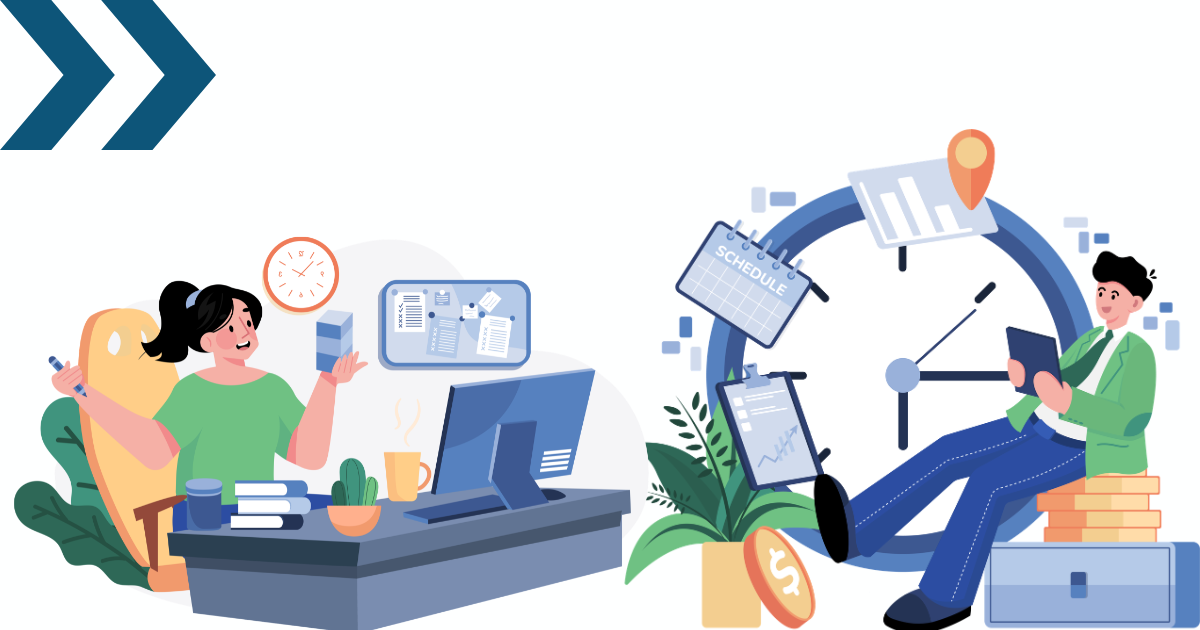Goal Setting and Social Pressure – How do they work together?
Goal setting involves defining clear targets. Finish a module by a set date. Meet a required score. Complete credentials tied to career advancement. Goals provide direction and help organize effort.
Social pressure comes from others in the learning space. Classmates. Colleagues. Peer groups. It can serve as encouragement or create strain when comparison becomes constant.
In online learning, these forces often overlap. I set a personal rule to complete weekly tasks by Saturday. That goal keeps my schedule steady. Knowing others follow a similar timeline adds accountability. Group updates reinforce momentum. Seeing progress elsewhere often nudges me to continue.
Shared momentum supports commitment. Balance remains essential. When social pressure intensifies into comparison or judgment, anxiety increases. Participation drops. Motivation weakens instead of strengthening.
The Hurdles Adult Learners Face When Setting Goals
Adult learners often encounter unique challenges when it comes to setting and achieving educational goals. Unlike traditional students, adults usually have to balance multiple responsibilities such as work, family, and personal commitments.
A working parent might struggle to find time for study sessions while also managing job duties and caring for children. Similarly, someone who graduated years ago and is now returning to school to keep up with professional trends may find it hard to adjust, especially when trying to figure out the best learning approaches.
These realities make it difficult to set and stick to goals. The issue is about the time and the mental bandwidth required to remain consistent.
Social Pressure and Self-Directed Learning
Self-directed learning demands initiative. Learners choose what to study, how to study, and when to study. The process involves setting personal goals and managing progress without rigid classroom structures.
Let’s say I want to improve my writing. I set a goal to complete writing exercises three times a week and use online resources to guide my progress. I track outcomes and adjust methods as needed. This style of learning appeals to those with a proclivity for autonomy.
Still, social pressure shapes this process. Peers, family members, or colleagues may carry expectations. These can act as catalysts or complications. A colleague pursuing certification might reignite my drive to stay on track. But if I perceive their pace as superior, I risk slipping into self-doubt.
Finding balance is critical. Instructional designers can support this by embedding tools for reflection, communication, and progress monitoring. These features help learners find clarity.
How Goal Setting Helps Me Stick with Online Courses
Goal setting keeps my work on track. Large deliverables are broken into smaller tasks. One clear output at a time feels manageable.
Even in flexible work setups, I set personal deadlines. Calendar reminders and regular check-ins maintain focus. These timelines act as apertures. They guide attention without adding pressure.
I also reward progress with modest incentives. After finishing a complex task or reaching a milestone, I treat myself to a walk, a good show, or a delicious meal. These rewards, while simple, energize my momentum and reduce the likelihood of burnout.
Instructional design works best when it recognizes how goal setting and social pressure affect learners. Learning environments should support autonomy without making the experience feel overly controlling.
Progress dashboards, discussion spaces, and flexible pacing help learners stay accountable at their own pace.
With the right scaffolds, adult learners can handle challenges more confidently, stay on track, and reach their goals without feeling overwhelmed.


Leave a Reply